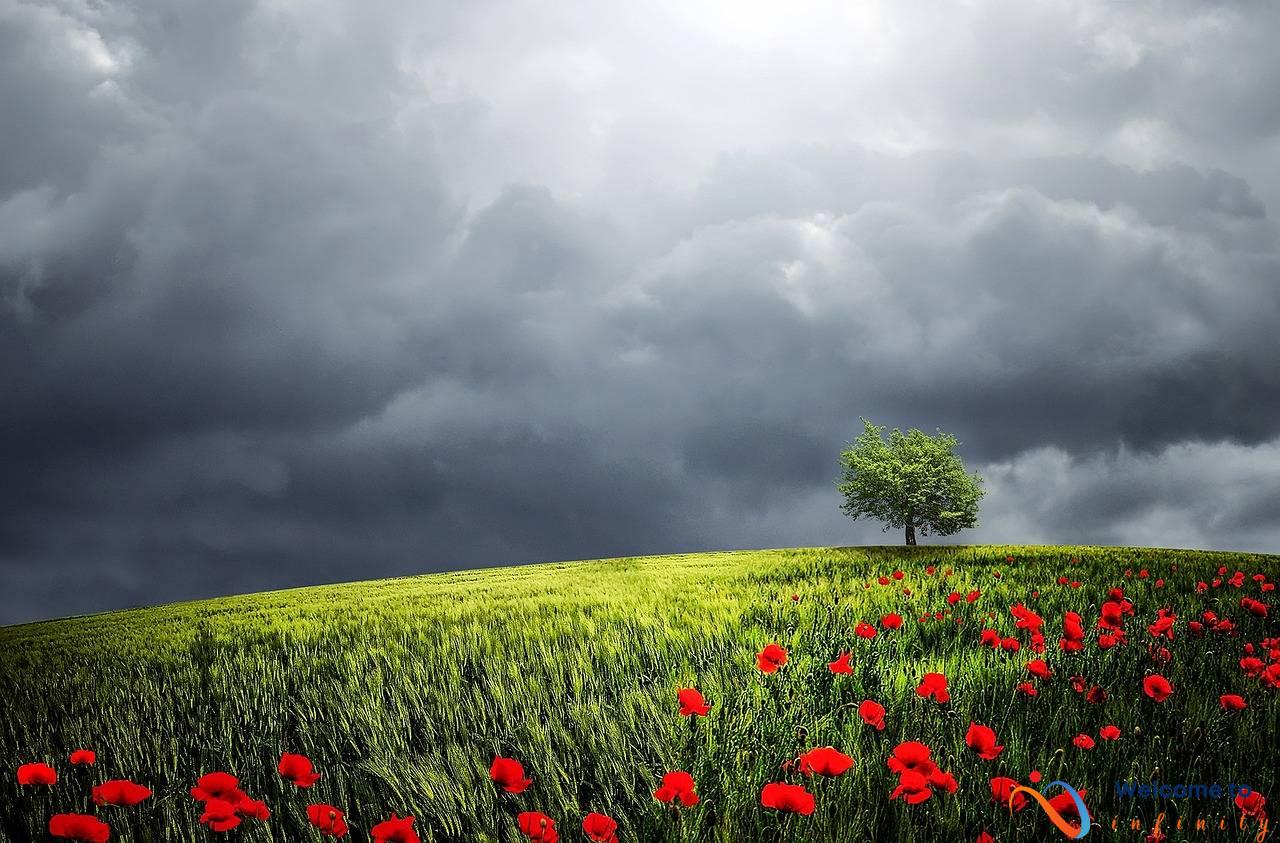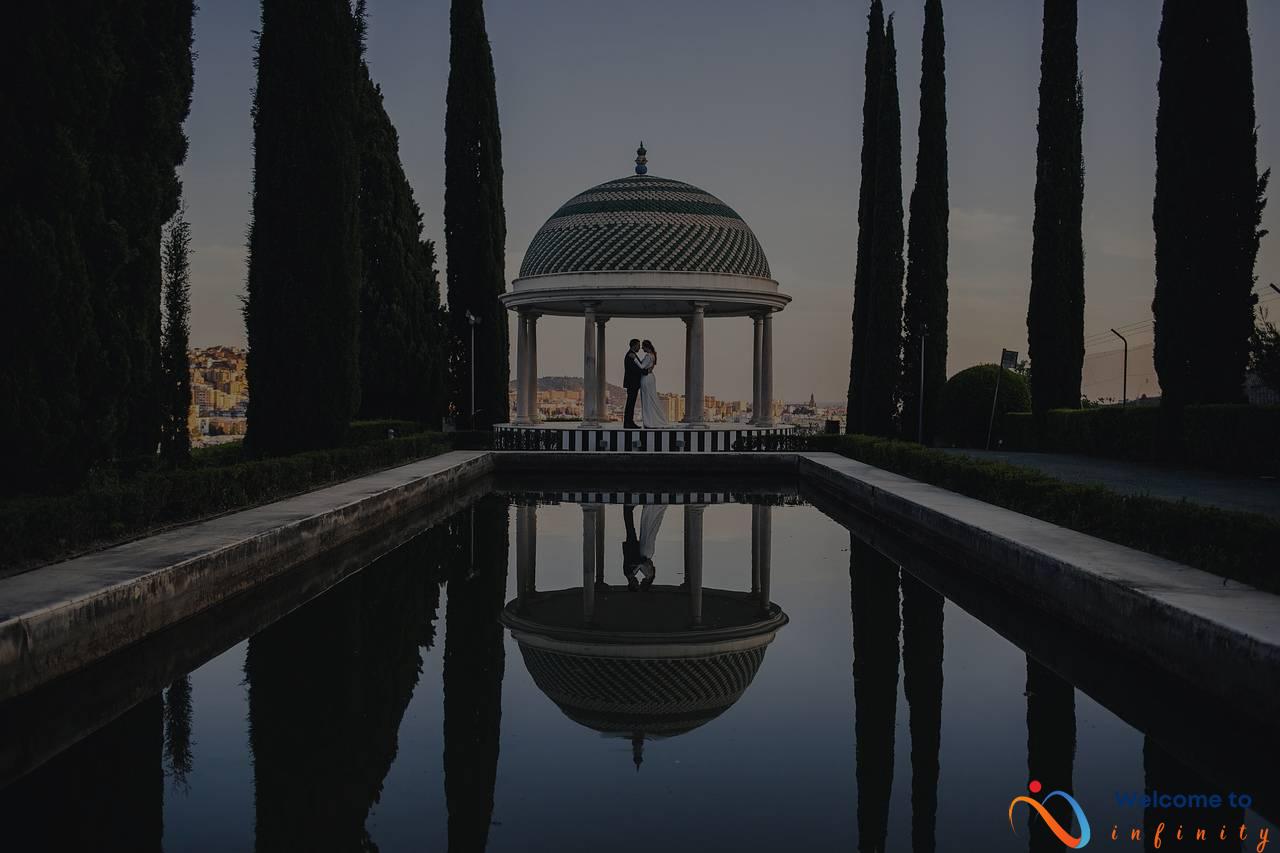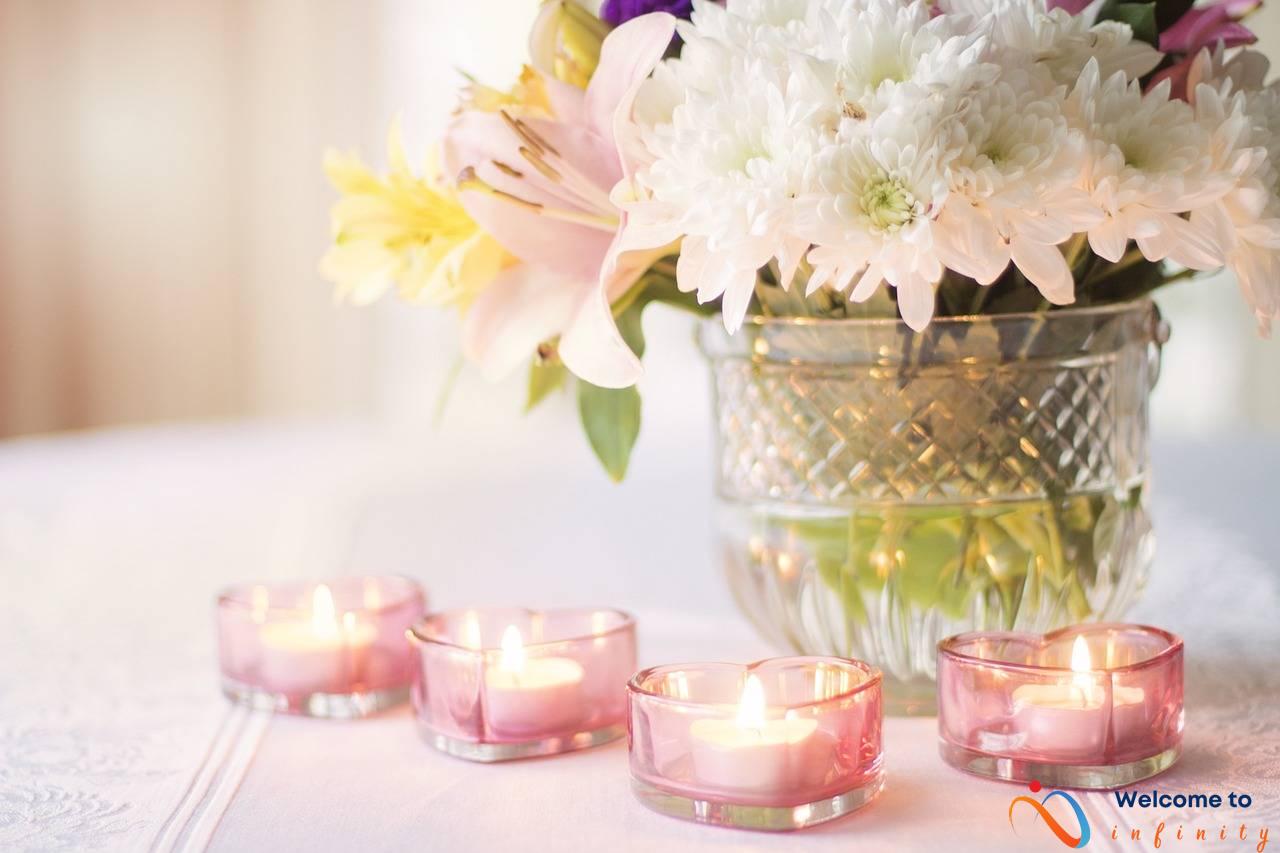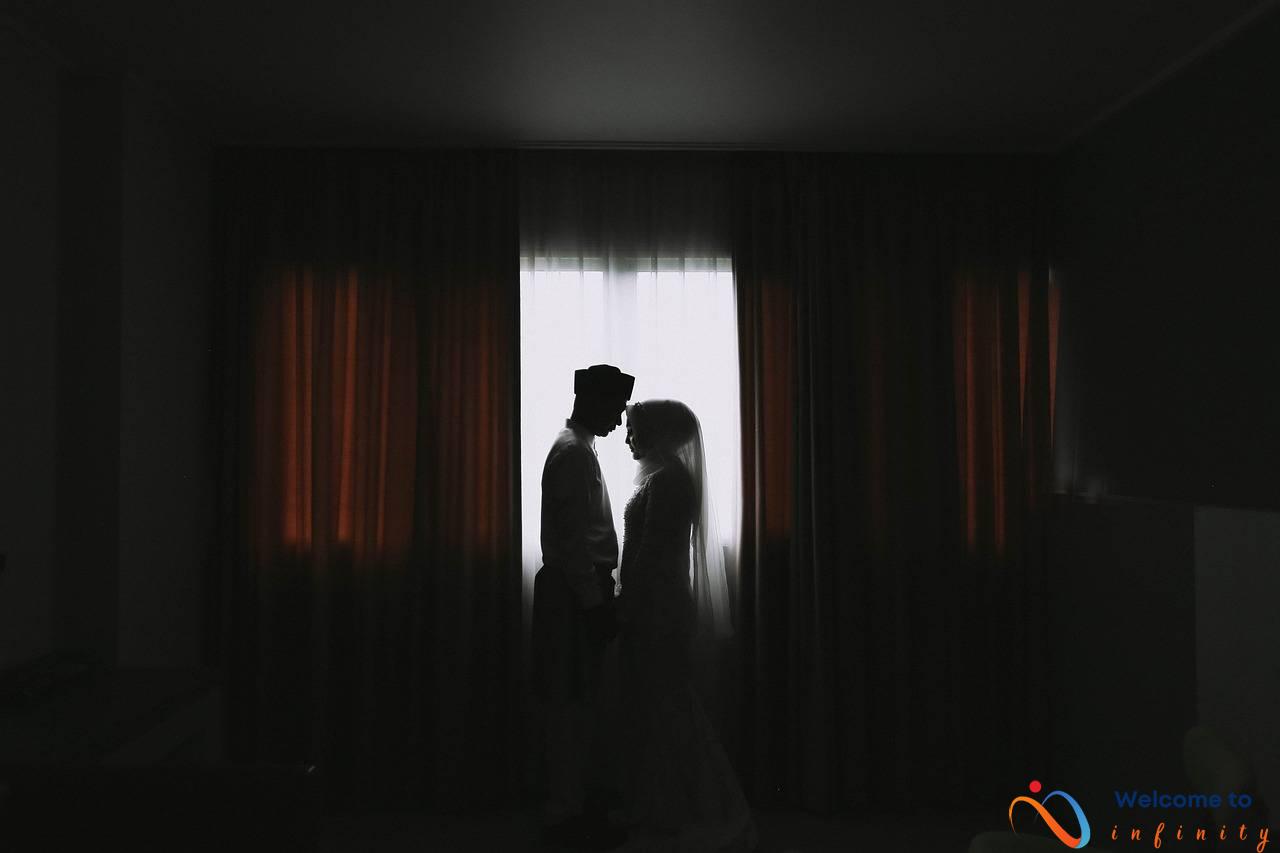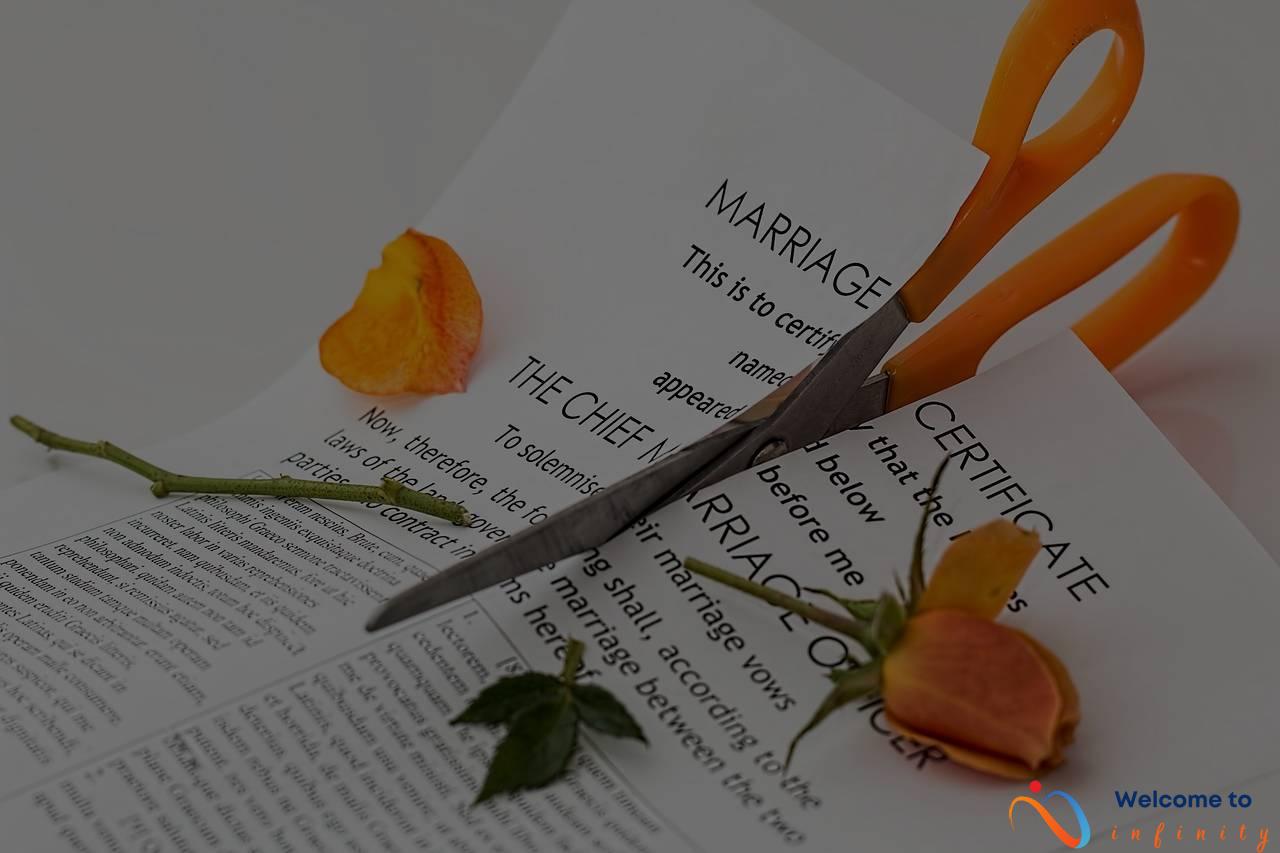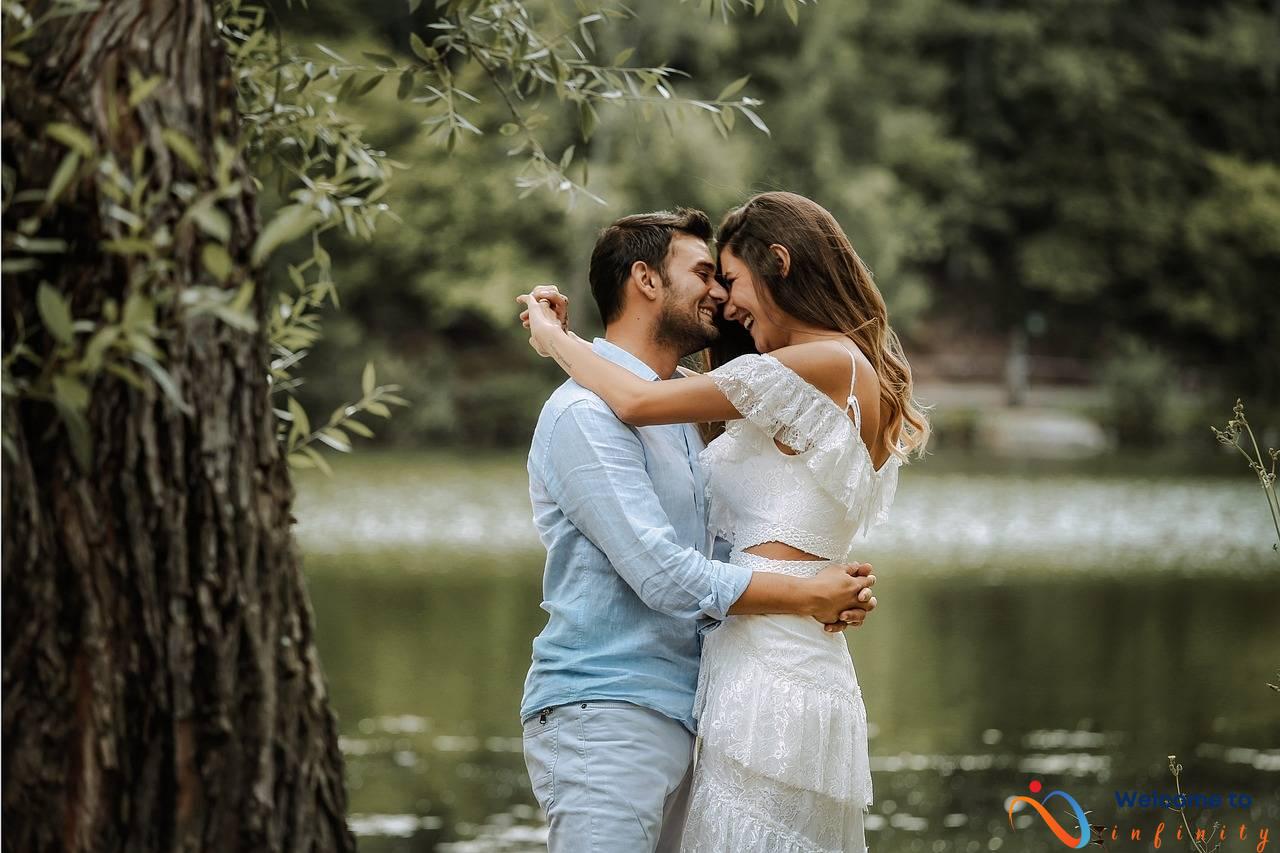The COVID-19 pandemic has greatly impacted the wedding photography industry. With constant changes in guidelines and restrictions on gathering and travel, wedding photographers must be adaptable and open to new approaches. It's important to navigate the new normal by taking the necessary precautions to ensure safety, while still providing exceptional service to clients.
One of the key changes that wedding photographers are implementing is virtual consultations and contracts. This provides a safe and remote way for couples to discuss their needs with their photographer. Additionally, photographers are following strict hygiene protocols, such as wearing masks and sanitizing equipment, to keep themselves and their clients safe during events.
Another challenge that wedding photographers are facing is adjusting to smaller wedding sizes. As many couples are opting for intimate ceremonies or elopements, photographers must be prepared to offer packages tailored to those needs. This may require getting creative with angles and styles to capture the essence of an intimate event.
To keep up with social distancing guidelines, wedding photographers should also provide virtual viewing and sharing options for their clients. This will allow couples to safely view and share their photos with loved ones from a remote location. Additionally, photographers should be prepared to offer emotional support to their clients as weddings can be emotionally charged events even under normal circumstances.
As we navigate through this new normal, wedding photographers must be flexible and adaptable. By following the recommended safety protocols and being open to new approaches, photographers can continue to deliver exceptional service to their clients during these challenging times.
Virtual consultations and contracts
Due to the pandemic, social distancing measures have become a part of our daily routine. Wedding photographers must adapt to these changes and offer virtual consultations and contracts to their clients. Online communication has become the norm for consultations, as it allows couples to discuss their needs and preferences with their photographer in a safe and remote manner.
The advantage of virtual consultations is that clients can get to know their photographer before the actual wedding day. Clients can share their ideas, preferences and expectations with their photographer, and discuss the details of the photo shoot. Virtual consultations give photographers a chance to showcase their work and provide a preview of their photography style.
Wedding photographers must ensure their clients feel comfortable asking questions. Clients should be able to ask any questions related to the photography process, regardless of how simple or complex they may be. Providing comprehensive answers will leave clients feeling comfortable about the process, which could lead to referrals or potential new clients in the future.
Contracts must be clear and concise, outlining the services the photographer will provide and what is expected of the client. The contract should also cover any rescheduling issues due to the pandemic, and what happens to the deposit if the wedding is cancelled. By offering virtual consultations and contracts, photographers can keep themselves and their clients safe and secure in a remote environment.
In conclusion, during this pandemic, wedding photographers must embrace the new normal and offer virtual consultations and contracts. It benefits both the photographer and the client by allowing them to get to know each other and discuss photo shoot details remotely. Virtual consultations ensure that the photographer can understand the clients' needs and preferences and provide quality service. By providing clear contracts, photographers can ensure transparency and safety for their clients, even in a remote setting.
Safety and hygiene protocols
Wedding photographers have always been responsible for capturing the special moments of a couple's big day. However, with the onset of the COVID-19 pandemic, their responsibilities have expanded to include safety and hygiene protocols to keep everyone involved in the event healthy and safe. Wedding photographers must take extra steps to ensure that their clients and themselves are safe during events. This includes following rigorous hygiene protocols, such as wearing masks and sanitizing equipment, as well as adhering to social distancing guidelines.
To ensure maximum protection for their clients, wedding photographers should wear masks or face shields at all times during a wedding and should provide masks for their clients who may not have them. Additionally, using hand sanitizers and disinfecting equipment such as cameras and tripods after each use can help in reducing the spread of the virus. Wedding photographers should also adhere to social distancing guidelines by maintaining a distance of at least 6 feet from the guests.
In addition to maintaining safety and hygiene protocols, wedding photographers should also communicate these protocols to their clients. This can be done through virtual consultations prior to the event, as well as in-person meetings. Clients should be informed of the steps that the photographers will take to keep them safe, as well as advised on any additional measures they may need to take themselves.
Wedding photographers must understand that the safety of their clients and themselves is of utmost importance during these times of heightened risk. By following strict safety and hygiene protocols and communicating with clients, they can ensure that everyone enjoys the special day while minimizing the risk of exposure to the virus.
Adjusting to smaller wedding sizes
With the pandemic forcing couples to rethink their wedding plans, smaller weddings have become a popular choice. As a wedding photographer, it's important to be adaptable and prepared to adjust your business model accordingly. This may involve offering specialized packages that cater to intimate ceremonies or elopements.
Smaller weddings can provide a more intimate atmosphere for the couple and their guests, but they also present unique challenges for photographers. With fewer guests and a smaller venue, photographers may need to get creative with their approach and adjust their techniques. Capturing the essence of the day in a more personal setting will require a different perspective and a willingness to experiment with different angles and styles.
Wedding photographers should also be prepared to provide flexibility around their services and pricing. Tailoring packages to smaller events may require adjusting prices and offering more options to couples. It's important to communicate clearly with clients about what they can expect, and to be transparent about any changes to your services or pricing structure.
Overall, adjusting to smaller wedding sizes is all about being adaptable and flexible. By offering specialized packages and being willing to adjust your approach, you can provide a personalized and memorable experience for your clients, regardless of the size of their event.
Alternative angles and photo styles
As more couples choose to have intimate weddings in unconventional settings, wedding photographers need to adapt their angles and styles to capture the essence of the event. With limited space and fewer guests, photographers may need to take alternative angles to showcase the smaller details, such as the intricate lace on the bride's dress or the intimate light of the sunset.
Moreover, with fewer people to photograph, photographers need to be creative with their poses, using the surroundings to enhance the beauty of the moment. For example, the photographer can have the couple sit on a bench overlooking the beach or have them embrace in a field of wildflowers. By incorporating the surroundings into the photos, the photographer can add depth and intimacy to the images.
It's also important for photographers to adjust their photo styles to match the setting. For instance, if the wedding is taking place in a rustic barn, the photographer may want to use warm, natural tones to highlight the wood and brick of the venue. On the other hand, if the wedding is taking place in a modern venue, the photographer may choose to use cooler tones and minimalistic compositions to match the ambiance of the setting.
Overall, alternative angles and photo styles can enhance the intimacy and beauty of a smaller wedding in an unconventional setting. By getting creative with their photography, wedding photographers can capture the unique and personal moments of each couple's special day.
Flexibility with rescheduling
The COVID-19 pandemic has greatly impacted the wedding industry, resulting in many couples having to adjust their wedding plans. With the unpredictability that comes with the epidemic, wedding photographers must be prepared to offer flexibility in rescheduling to accommodate changing plans and shifting timelines.
Offering flexibility in rescheduling not only helps ease the stress of couples, but also shows that wedding photographers empathize with their clients' struggles during these challenging times. By being accommodating, photographers can build stronger relationships with their clients and increase customer loyalty.
It's important for photographers to be transparent about their rescheduling policies and clearly communicate any fees or penalties. This will help avoid any misunderstandings and ensure that both parties are on the same page.
Wedding photographers should also be prepared to work with couples to find creative solutions that meet their needs. This may include offering alternative dates or transitioning to a smaller wedding package. By being flexible and adaptable, photographers can show that they are willing to go above and beyond to ensure the happiness of their clients.
Overall, the pandemic has made it challenging for couples to plan their dream weddings. Wedding photographers should offer flexibility in rescheduling to help alleviate some of the stress that comes with this uncertainty. By doing so, photographers can build stronger relationships with their clients and establish a loyal customer base.
Virtual viewing and sharing options
One of the biggest challenges faced by wedding photographers during the pandemic is the inability to have in-person meetings with clients, including the traditional in-person viewing of the final photos. To keep in line with social distancing measures, wedding photographers should also provide virtual viewing and sharing options for their clients.
There are a number of ways to offer virtual viewing and sharing options. One option is to use online galleries, allowing couples to view their photos from the comfort and safety of their own homes. This not only allows couples to safely view their photos but also provides an easy way to share them with loved ones who may not have been able to attend the wedding. Another option is to offer video calls where the photographer can walk the couple through their images and provide a more personalized experience.
Additionally, wedding photographers can add to the experience by providing interactive elements. For example, some photographers may create a slideshow of the best images, set to music, to evoke the emotion of the day. others may offer the ability to pick out images for the album and see how they look in different layouts. Providing these extra elements helps to create a sense of connection and excitement around the final product, even if it's being viewed remotely.
All of these options help to create a safe and secure way for couples to view and share their wedding photos while still adhering to social distancing measures. By embracing the use of virtual technologies, photographers can continue to provide exceptional service to their clients despite the challenges of the pandemic.
Providing emotional support
Weddings can be very emotional experiences, and with the current pandemic situation, it's even more important for wedding photographers to provide emotional support. Couples and their families may be feeling anxious, stressed, or uncertain about the future, and a supportive photographer can make all the difference.
The first step in providing emotional support is to simply be present and listen. Sometimes just having someone to talk to can be incredibly helpful. Wedding photographers can take the time to get to know their clients and understand their worries and concerns. This can help create a deeper level of trust and comfort that will translate into better photos.
Wedding photographers can also offer words of encouragement and support. As the photographer, you can remind the couple that this is their special day, and even with limitations in place, it's important to focus on the positive and cherish the moment. Simple words of affirmation can go a long way in calming nerves or reducing stress levels.
In addition to providing emotional support on the wedding day itself, photographers can also offer support during the planning process. This may involve providing guidance on timeline, location, or other logistics, or simply being available to answer questions or provide reassurance. By taking a proactive approach to emotional support, photographers can create a positive and stress-free experience for their clients.
Ultimately, providing emotional support as a wedding photographer is about going beyond the traditional role of simply taking photos. By being a calming presence, providing reassurance, and offering words of encouragement, photographers can create a truly memorable and meaningful experience for their clients, even amidst the uncertainty of these challenging times.

